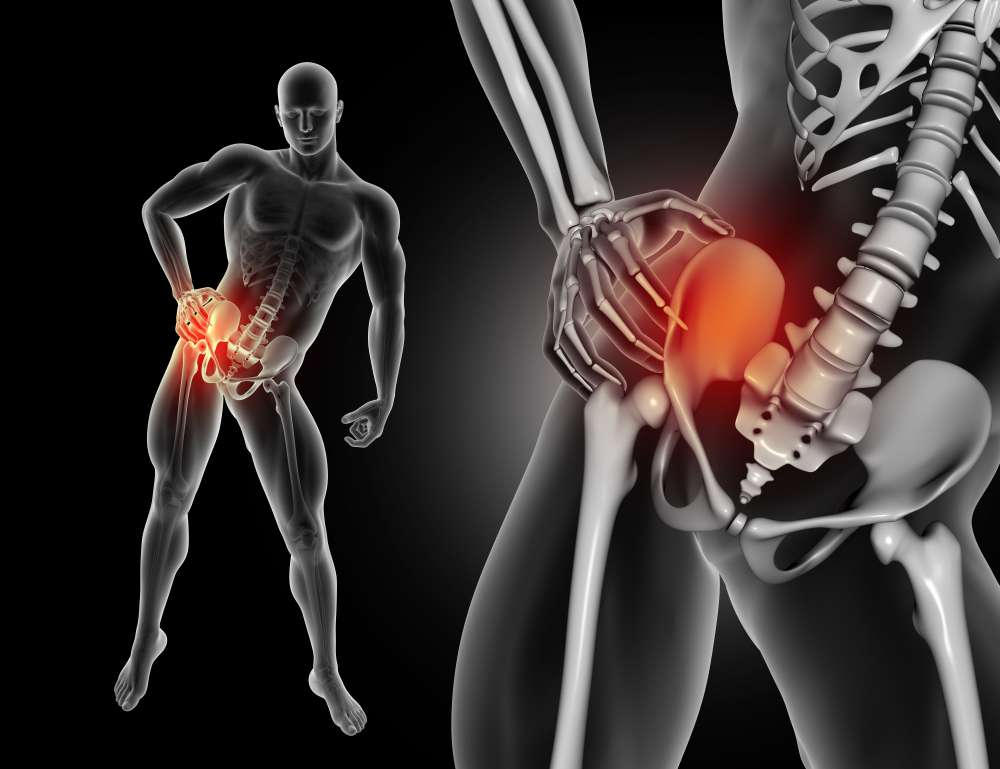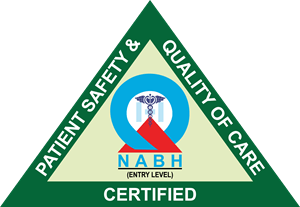Kidney Stone Treatment
What Is Kidney Stone ?
Our kidneys, while cleaning the blood, separate all the waste products and non-essential nutrients present in them and remove them from the body through urine. But due to the high amount of waste products and nutrients in the blood or due to the kidney not working properly, these waste products start accumulating in the kidney itself, due to which there is a problem of kidney stones. Kidney stones are made up of mineral and acid salts.

What Is The Main Cause Of Kidney Stone ?
Kidney stones are primarily caused by an accumulation of minerals and salts, such as calcium, oxalate, and uric acid, in the kidneys. Factors like dehydration, dietary habits, and genetics contribute to their formation. These substances crystallize and clump together, leading to the development of painful kidney stones.
What Is Treatment ?
The treatment of kidney stones depends on their size, location, and the intensity of symptoms. Small stones often pass naturally with increased fluid intake and pain management. For larger stones, options include extracorporeal shock wave lithotripsy (ESWL) to break them into smaller fragments, ureteroscopy to remove or break the stones using a thin tube, or surgical procedures like percutaneous nephrolithotomy (PCNL) for larger stones. In some cases, medication and dietary changes are advised to prevent stone recurrence. The treatment approach is personalized, aiming to relieve pain, promote stone passage, and prevent future occurrences through lifestyle adjustments.
Clinical Services
Facilities
24 Hours Services



